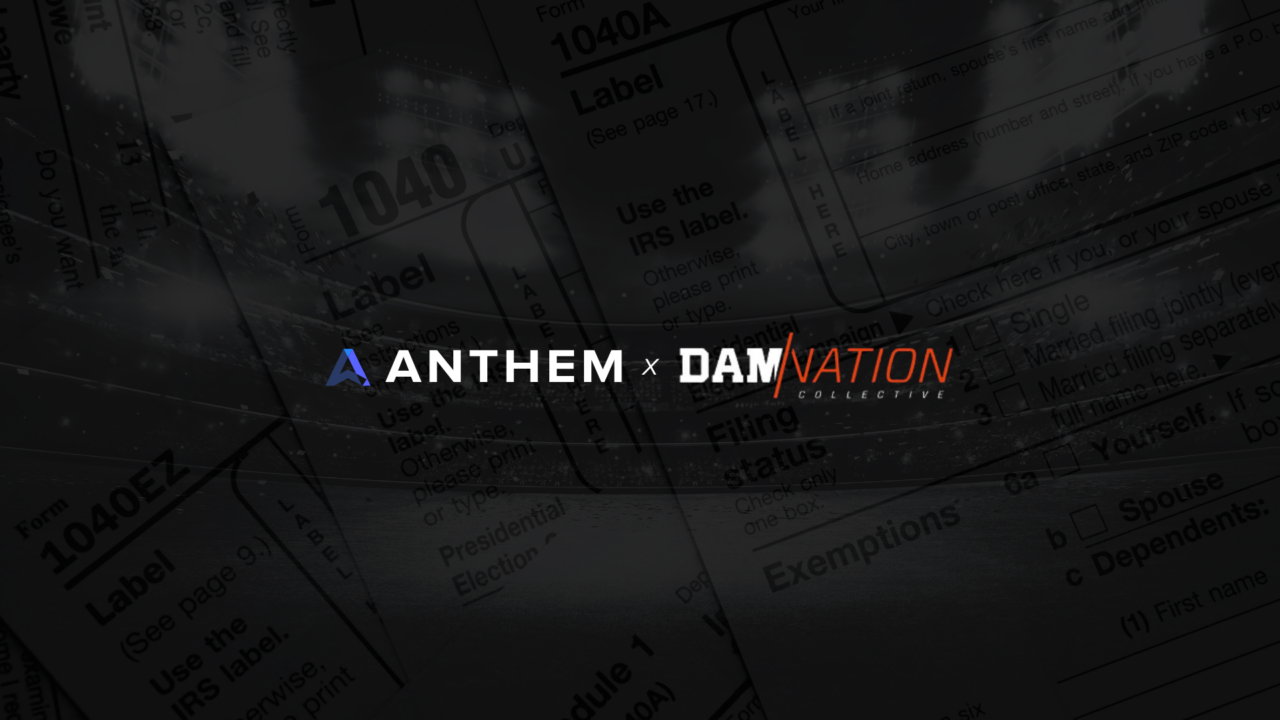If you’re surprised by a tax bill this year, or asking yourself “why did I owe?”– you’re not alone. Many taxpayers expect a refund, only to find out they owe money. Let’s explore the top reasons why you might owe taxes this year and how to avoid it next time.
Common Reasons You Owe Taxes
1. Inadequate Withholding
- If your employer didn’t withhold enough from your paycheck, you’ll owe the difference at tax time.
- Significant life changes (marriage, new job, second income) can affect your withholding.
2. Self-Employment Income
- Freelance, gig work, or side jobs often don’t have taxes withheld.
- You’re responsible for paying estimated quarterly taxes on this income.
3. Fewer Tax Credits or Deductions
- Claiming fewer dependents or losing eligibility for credits (like the Child Tax Credit) increases your tax bill.
- Changes in deductions, such as less mortgage interest or charitable giving, impact your taxable income.
4. Investment or Retirement Withdrawals
- Capital gains from selling investments or early retirement withdrawals can trigger unexpected tax liability.
5. Unemployment Benefits
- Unemployment compensation is taxable, and taxes are rarely withheld unless you request it.
How to Avoid Owing Taxes Next Year
- Update Your W-4: Adjust your withholdings to better match your tax situation. IRS Withholding Calculator
- Pay Estimated Taxes: If you have non-wage income, set aside money and pay quarterly estimated taxes.
- Stay Informed: Review credits, deductions, or policy changes each year.
Final Thoughts
Owing taxes is frustrating, but understanding the reasons helps you plan better for next year. If you found yourself asking, “Why did I owe taxes?” this year, remember that small changes in income, withholding, or deductions can have a big impact. Proactive planning is key—review your finances regularly and adjust your tax strategy as needed.
Consult with a tax professional to review your situation, optimize your withholdings, and prevent surprises. With the right guidance, you can minimize your tax liability and feel more confident about your financial future
P.S. Need expert guidance? Contact us today.




